Real estate facing "tailwind"?
In the first 8 months of 2025, the Vietnamese economy was "pumped" with about 1.8 million billion VND, causing low interest rates to remain at rock bottom. Abundant cash flow quickly found refuge channels such as stocks and especially real estate. As of June 30, outstanding real estate credit had reached 3.18 million billion VND, 2.4 times higher than at the end of 2024 and accounting for 18.5% of the total outstanding debt of the whole system. In particular, some banks lending to real estate accounted for more than 64% of the total outstanding debt.
Dr. Tran Xuan Luong, Deputy Director of the Vietnam Real Estate Market Research and Evaluation Institute (VARS IRE), commented that cheap capital has created a clear boost for real estate, combined with long-term drivers such as highway infrastructure, FDI into Vietnam, tourism and increased income. In fact, in recent years, each public investment project such as highways, airports, and river bridges has not only changed regional connectivity but also immediately triggered an increase in surrounding land prices.
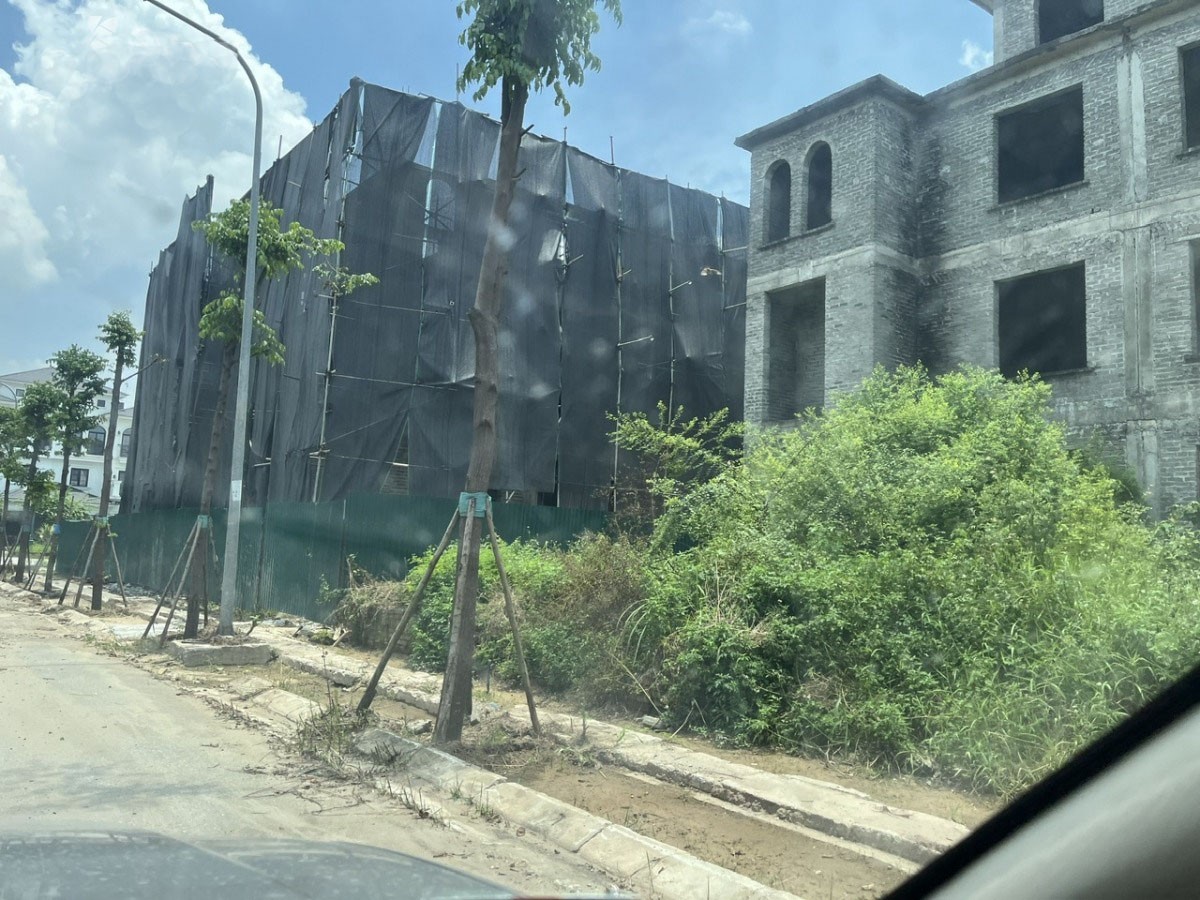
While the real demand for affordable housing has not been met, capital flows into high-end projects, resorts, or speculative land that is then abandoned.
At the same time, FDI flows strongly into Vietnam as global corporations restructure their supply chains, boosting demand for industrial real estate, logistics, offices and even the housing market for experts. The recovery of tourism also creates a "boost" for resort real estate, while people's income gradually increases, strengthening their housing purchasing power.
“It can be said that real estate is facing a “favorable wind” from both monetary policy and macroeconomic dynamics, making the 2025 real estate market the priority choice of cash flow in this period,” said Dr. Luong.
Analyzing the reasons for the market's momentum, Mr. Nguyen Quang Huy - Executive Director of the Faculty of Finance and Banking, Nguyen Trai University, said that public investment in key infrastructure such as the North-South Expressway, international airports, river bridges or high-speed railways has been expanding the space for urban development and industrial parks, while increasing land value in new connecting areas. In addition, the wave of FDI into Vietnam continues to flow strongly as Vietnam's position in the global supply chain is increasingly high. This not only explodes the demand for industrial land, warehouses, and offices, but also leads to a housing market for foreign experts.
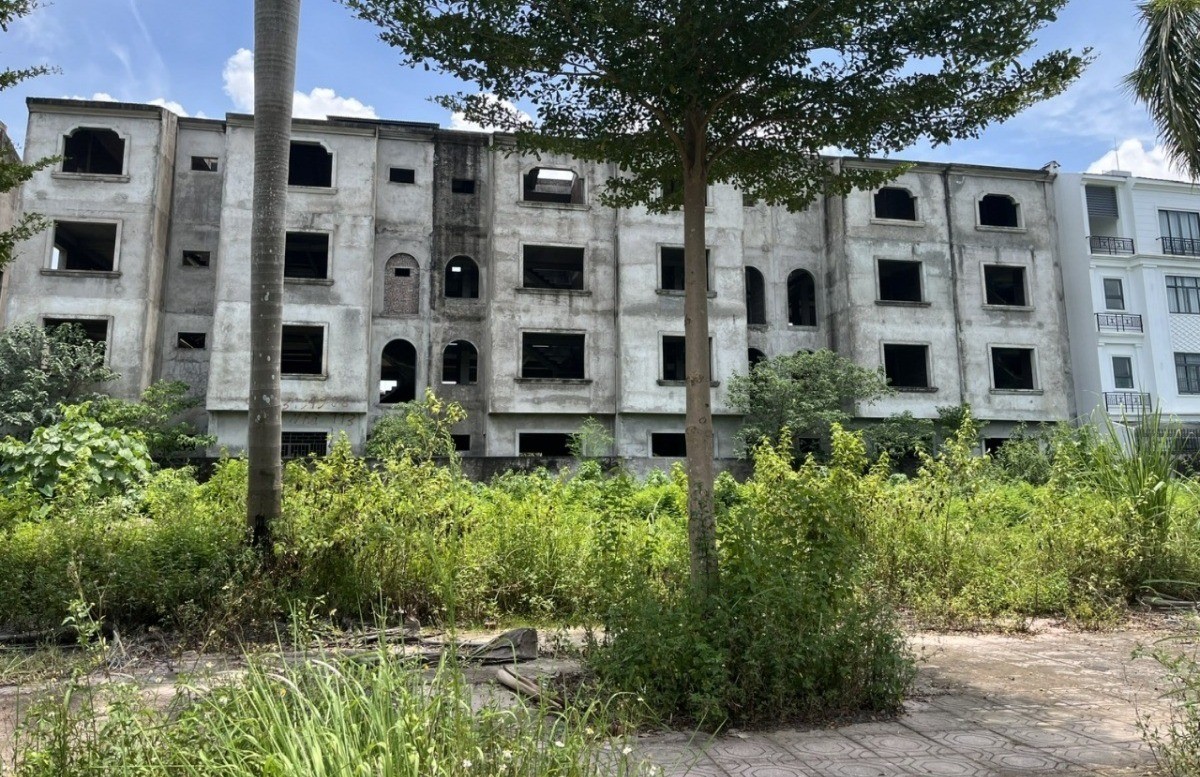
Many abandoned villas in An Khanh commune, Hanoi city.
In addition, according to Mr. Huy, the strong recovery of tourism has also made Vietnam an attractive destination, promoting the growth of resort real estate, hotels and commerce. In particular, the economy and people's income have increased in recent years, creating a solid foundation for housing purchasing power. Therefore, in the context of money flowing out of savings and gold channels, real estate investment has emerged as a safe channel with potential to attract capital.
Financial leverage and potential risks
In addition to cheap capital, many investors have launched home loan packages with financial support, principal grace period up to 5 years, only need to pay 10-30% of the initial apartment value. This is an advantage for real buyers, but also opens the way for speculators to use financial leverage.
With an apartment worth 3 billion VND, with only 600 - 900 million VND of equity, speculators can expect a profit of 450 - 600 million VND after 1 - 2 years, equivalent to a rate of 50 - 70%. During the "feverish" period, many people even doubled their profit even before receiving the house.
The attraction of profit has drawn a wave of F0 investors into the market. They hold on to goods, waiting for prices to increase, creating a spiral of "scarcity - high prices - virtual transactions". This makes the market become artificially vibrant, but hides the risk of long-term instability.
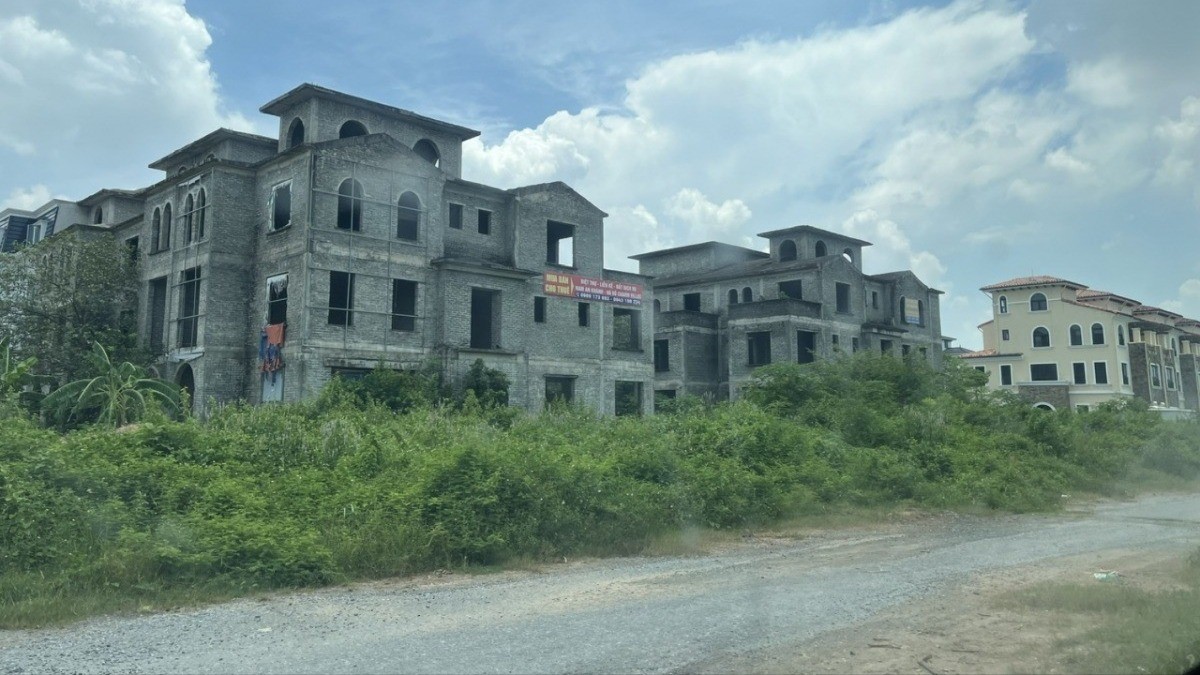
In addition, some enterprises "circumvent the law", borrowing capital in the name of production and business but in reality pouring it into real estate, creating distortions in credit allocation. This not only reduces the efficiency of capital flow for real production but also pushes the real estate market into a state of overheating, easily leading to a real estate bubble.
Dr. Tran Xuan Luong warned: “Cheap capital is pouring into real estate, pushing the selling price of many projects far beyond their real value. Many businesses are also taking advantage of the name of production to borrow capital and then shifting to real estate, causing market distortion.”
In reality, many projects are being sold at prices 5-7 times higher than people's income. This difference shows a serious imbalance between supply and demand. While the real demand for affordable housing has not been met, capital flows into high-end projects, resorts or speculative land that is then abandoned.
“More dangerously, the “surfing” mentality is returning. Small investors borrow short-term capital to buy and sell, pushing up virtual liquidity. If interest rates suddenly increase again or credit is tightened, this group will be under the greatest pressure to repay debt, with the risk of a “collapse” spreading to the entire system. The history of the Vietnamese real estate market has witnessed many “land fevers” and then freezes, leaving serious consequences for businesses, banks and people,” Mr. Luong analyzed.
Sharing the same view, economist Nguyen Quang Huy warned that although the real estate market is bustling, it still has many potential risks. First of all, there is the risk of land prices increasing beyond purchasing power. When too much money is concentrated in some areas, land prices can be pushed up faster than income, leading to a supply-demand imbalance. Next is uneven liquidity, not all products are easy to resell, especially projects far from infrastructure or with incomplete legal documents. Finally, there is the risk of crowd psychology, many people can follow the trend, but when the market adjusts, they easily fall into financial pressure.

Mr. Nguyen Quang Huy, Executive Director of the Faculty of Finance and Banking, Nguyen Trai University
Experts say the market needs solutions to manage and control capital flows into real estate, especially the speculative segment, to prevent real estate bubbles. Only when investment capital returns to areas that create real value, can the economy maintain balanced and sustainable development.
Source: https://baolaocai.vn/dong-tien-re-chay-manh-vao-bat-dong-san-co-hoi-dau-tu-hay-tiem-an-rui-ro-post881882.html


![[Photo] Solemn opening of the 12th Military Party Congress for the 2025-2030 term](https://vphoto.vietnam.vn/thumb/1200x675/vietnam/resource/IMAGE/2025/9/30/2cd383b3130d41a1a4b5ace0d5eb989d)
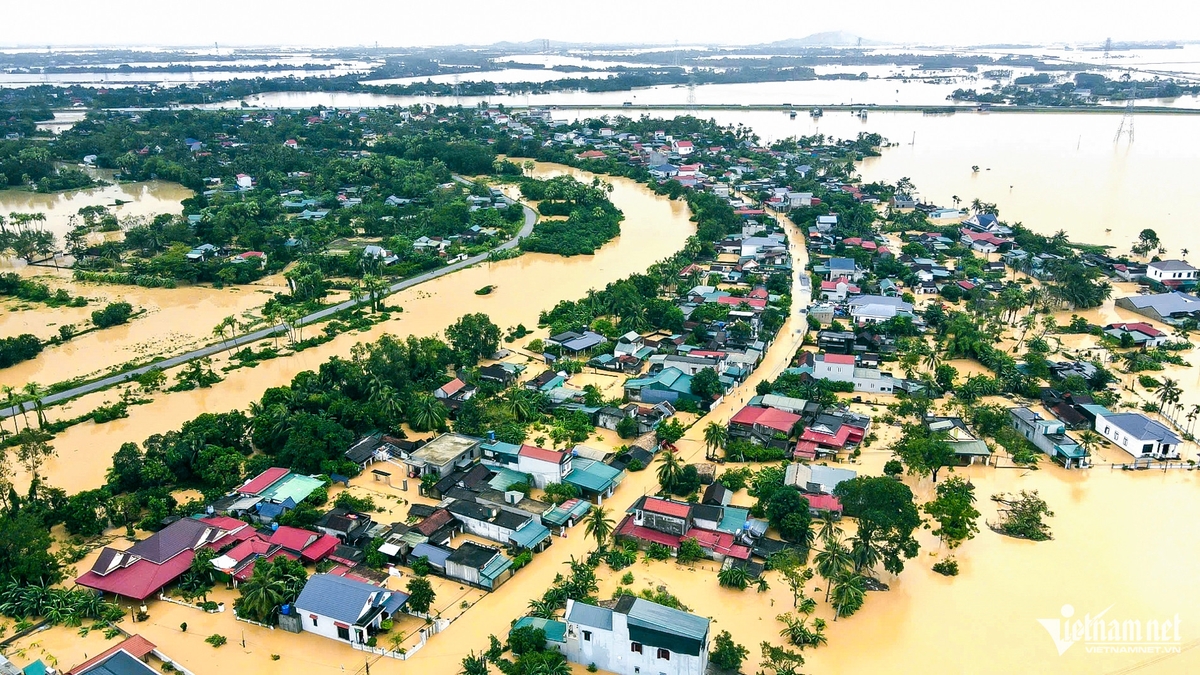
![[Photo] Panorama of the cable-stayed bridge, the final bottleneck of the Ben Luc-Long Thanh expressway](https://vphoto.vietnam.vn/thumb/1200x675/vietnam/resource/IMAGE/2025/9/30/391fdf21025541d6b2f092e49a17243f)
![[Photo] President Luong Cuong receives President of the Cuban National Assembly Esteban Lazo Hernandez](https://vphoto.vietnam.vn/thumb/1200x675/vietnam/resource/IMAGE/2025/9/30/4d38932911c24f6ea1936252bd5427fa)
![[Photo] The 1st Congress of Phu Tho Provincial Party Committee, term 2025-2030](https://vphoto.vietnam.vn/thumb/1200x675/vietnam/resource/IMAGE/2025/9/30/1507da06216649bba8a1ce6251816820)
![[Photo] General Secretary To Lam, Secretary of the Central Military Commission attends the 12th Party Congress of the Army](https://vphoto.vietnam.vn/thumb/1200x675/vietnam/resource/IMAGE/2025/9/30/9b63aaa37ddb472ead84e3870a8ae825)
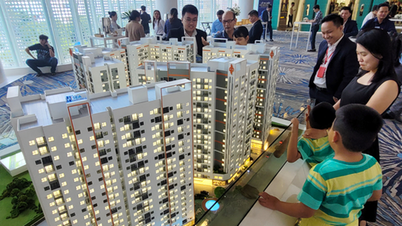








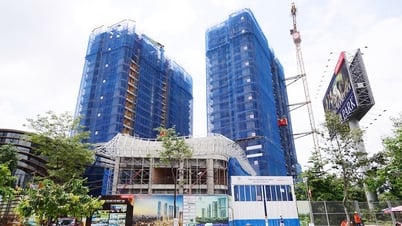
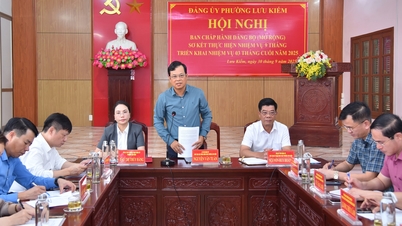

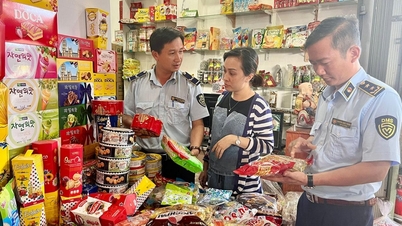



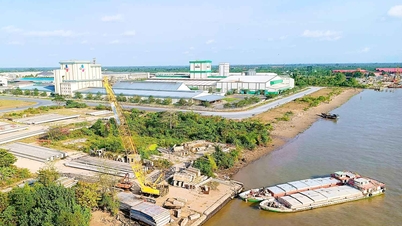











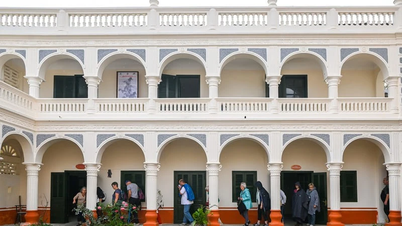
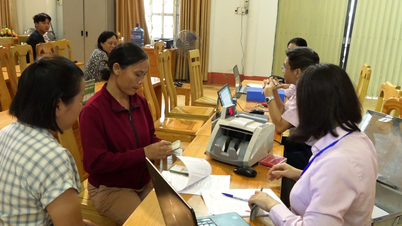



























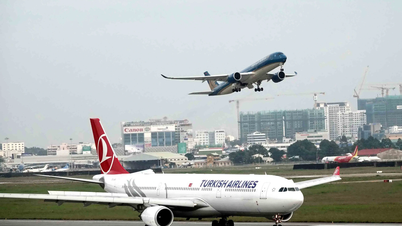




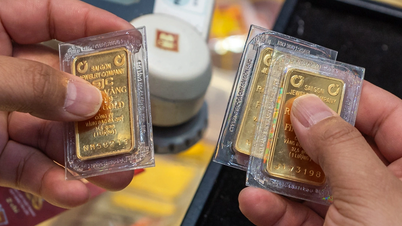









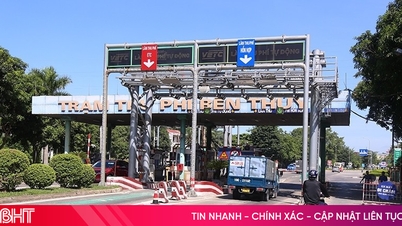

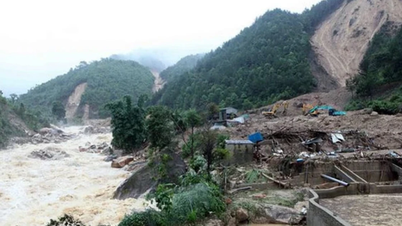


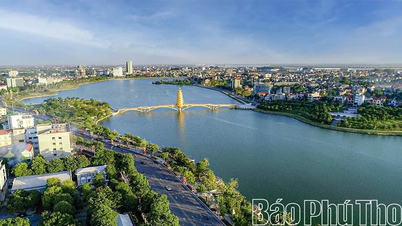


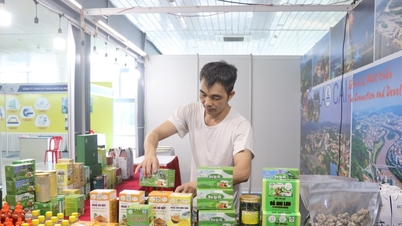














Comment (0)